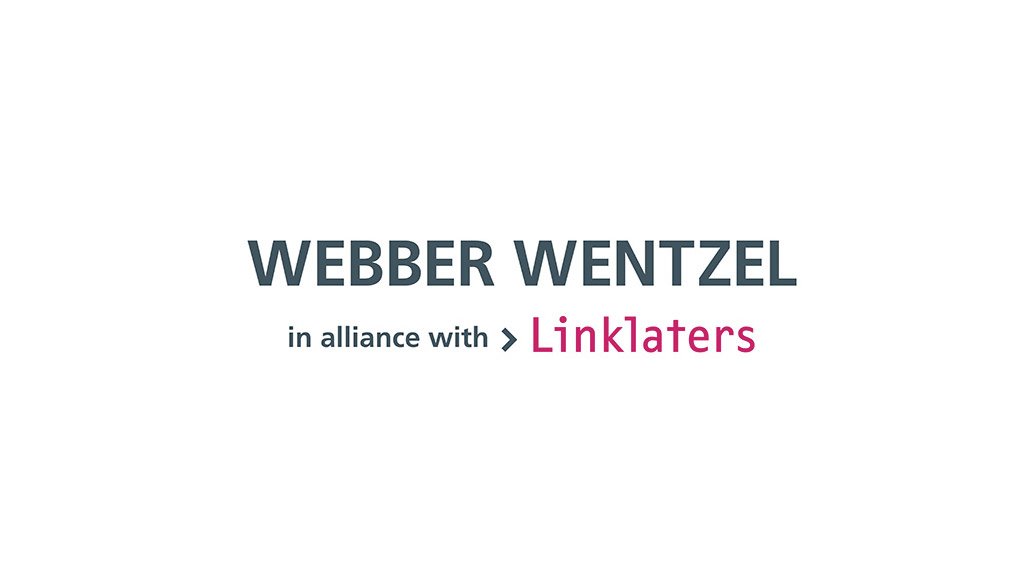The European Union (EU) published a proposed Directive on Corporate Sustainability Due Diligence ahead of sustainability becoming a legislated feature in the global economy. This EU proposal may affect South African businesses
On 23 February 2022, the European Union (EU) published its proposal for a Directive on Corporate Sustainability Due Diligence (the Proposed Directive). The Proposed Directive is a step towards sustainability becoming a legislated feature in the global economy. Since South African companies may be caught by the Proposed Directive in certain circumstances, we have set out below the basic points they need to know.
In broad terms, the Proposed Directive aims to:
- foster sustainable and responsible corporate behaviour throughout a company's global value chain;
- advocate setting up and overseeing a corporate sustainability due diligence policy (DDP), which includes the identification, prevention, ending and mitigation of the effects of companies' adverse human rights violations (such as child labour, exploitation of workers and the negative effects that the companies' operations may have on the environment and climate change);
- integrate the implementation of the DDP into the corporate strategy with oversight and monitoring by the board; and
- introduce human rights, climate change and environmental consequences of directors' decisions as part of directors’ duty to act in the best interest of the company.
The Proposed Directive will apply to European Companies with 500+ employees and a net turnover of EUR 150 million worldwide (Group 1); and companies with 250 employees and net turnover of EUR 40+ million worldwide that operate in high-risk sectors including textiles, agriculture and extraction of minerals (Group 2). However, the Proposed Directive will only be applicable to this latter group two years after Group 1 companies are required to comply. Notably, Group 1 companies are also required to adopt plans to ensure that their business strategies are aligned to limiting global warming to 1.5°C, in line with the Paris Agreement.
The Proposed Directive will also apply to Non-EU Companies active in the EU with a turnover threshold aligned to Group 1 and 2, generated in the EU.
In terms of the Proposed Directive, the abovementioned companies are expected to drive sustainable and responsible corporate behaviour throughout their subsidiaries and their global value chain.
Companies may be held liable for damages if they fail to comply with the Proposed Directive and Member states are required to designate appropriate authorities to supervise compliance and impose effective sanctions (including administrative fines and interim compliance orders). Member states must also ensure that certificates of compliance are submitted by companies conducting business with the state.
A South African company will be affected by the Proposed Directive if it:
- is a subsidiary of a Group 1 or Group 2 company;
- forms part of a Group 1 or Group 2 company's global value chain;
- is a company with a turnover threshold aligned to Group 1 and 2, generated in the EU, which will include South African companies that sell their goods and commodities into the EU market and generate turnover from these sales equivalent to the threshold stated for Group 1 and 2 (the SA Non-EU Company); and
- is a subsidiary, and forms part of a global value chain, of a non-EU company, which is active in the EU with a turnover threshold aligned to Group 1 and 2, generated in the EU (which will include subsidiaries or companies forming part of the global value chain of the SA Non-EU Company).
To the extent that a South African company falls within this spectrum, its subsidiaries and the companies in its value chain will have to comply with the Proposed Directive. In practical terms, this means:
- in relation to Policies: the integration of the principles of the DDP into their policies;
- in relation to Risk Assessment: the identification of actual and potential adverse human rights and environmental impacts;
- in relation to Due Diligence: the prevention, ending and mitigation of the impacts;
- in relation to Complaints Procedures: establishing and maintaining a complaints procedure for complaints submitted by persons who are affected or have reasonable grounds to believe they might be affected by an adverse impact. This will include trade unions and civil society organisations active in South Africa;
- in relation to Mitigation: monitoring the effectiveness of the effects of the DDP and measures taken to mitigate impacts;
- in relation to Communication and Reporting: companies will have to publicly communicate on the DDP in their annual reports; and
- in relation to Directors’ Duties: the breach of the duty of care will be considered a breach of the director's duties under each EU Member state’s laws.
In some senses the Proposed Directive will formally introduce new requirements, but it largely aligns with other new sustainability-related developments we have already seen in South Africa – like the King IV Guidance Paper on Responsibilities of Governing Bodies in Responding to Climate Change and the JSE's Sustainability Disclosure Guidance and the Climate Change Disclosure Guidance.
The next steps for the Proposed Directive are that it will be presented to the European Parliament and the Counsel for approval, and once adopted, the Member states will have about two years to transpose it into national laws. To the extent that it is passed, South African companies that fall within the ambit of the Proposed Directive must ensure compliance with its terms to avoid sanction.
Written By Nomsa Mbere, Partner at Webber Wentzel
EMAIL THIS ARTICLE SAVE THIS ARTICLE ARTICLE ENQUIRY
To subscribe email subscriptions@creamermedia.co.za or click here
To advertise email advertising@creamermedia.co.za or click here











